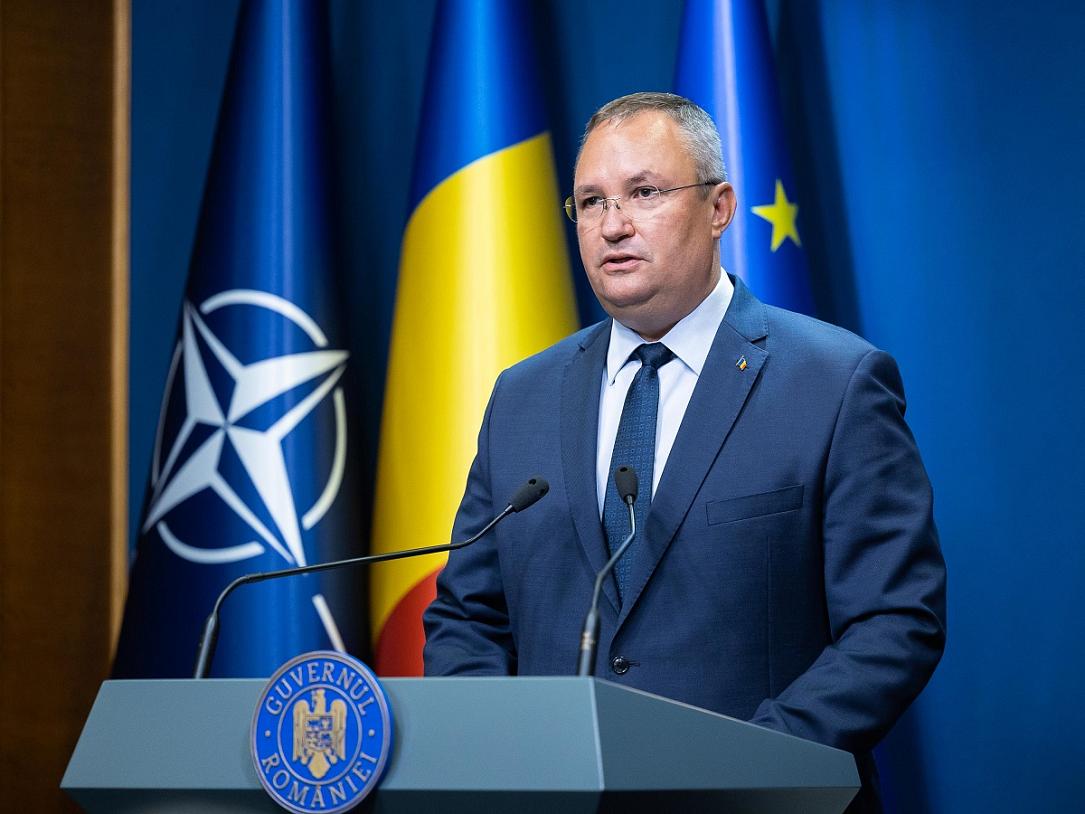Romania's PM announces 3-month scheme to subsidise car fuel prices



The Government will pay car fuel distribution companies a fixed subsidy of RON 0.5 per litre of petrol and diesel, under a three-month scheme aimed at mitigating the high fuel prices, prime minister Nicolae Ciuca announced, quoted by G4media.ro.
Consequently, the end-user price will decrease by 0.5 RON per litre (some 5.5% for current prices), PM Ciuca stated.
The scheme is expected to cost some RON 2 bln (EUR 400 mln), out of which the Government will cover half, PM Ciuca said, leaving the other half in limbo.
The RON 0.5 subsidy is a move apparently decided by PM Ciuca as his own last-minute solution after the ruling partners failed to agree on a more sophisticated mechanism like the one reportedly suggested by finance minister Adrian Caciu involving capped margins (a cost-plus mechanism) along the entire chain of distribution, or the VAT rate cut suggested by reformist party USR.
On the upside, the scheme is financially viable: the Government is cashing RON 0.6 per litre supplementary only as VAT after the fuel price surged from RON 6 to RON 9 per litre over the past several months. Furthermore, the Government will cash some EUR 100 mln from the EUR 500 mln special dividend agreed by the Board of the country's main oil company OMV Petrom - an indication of the massive rise in the profits derived by the oil companies from the current situation.
On the downside, PM Ciuca hasn't specified an explicit financing source for the scheme - which is bad practice in terms of economic clarity. The implicit source seems to be the supplementary VAT revenues - but the ruling coalition's leaders (including PM Ciuca) previously ruled out cutting the VAT as not guaranteeing a sustainable drop in the end-user price. The same issue exists in the case of the RON 0.5 subsidy, though - there's no guarantee that the end-user price will drop compared to some benchmark.
The Social Democrat party PSD and the opposition party USR have criticised PM Ciuca's decision on mitigating the rising fuel prices.
"We respect the prime minister's decision, but we still believe that the Social Democrats' alternative [capping the margins along the distribution chain] would have been better and would have led to results much closer to the Romanians' expectations. In addition, in many other European countries, the compensation solution worked for only a few weeks, after which the prices returned and reached even higher levels," PSD shows in a post on Facebook.
In all honesty, it must be admitted that a mechanism to cap the margins along the distribution chain - although in principle better compared to the fixed subsidy solution - would be rather complex to implement and may require permits from the European Commission.
The compensation of RON 0.5 established by the Government is a "pseudo-solutions that does not help anyone", according to reformist party USR, which pleads instead for the reduction of VAT on fuels - which in principle is again a feasible model for the Government to consider.
"The USR proposal to reduce the VAT from 19% to 5% would have reduced the price at the pump by more than RON 1 per litre," USR argues, quoted by Bursa.
(Photo: Gov.ro)
iulian@romania-insider.com